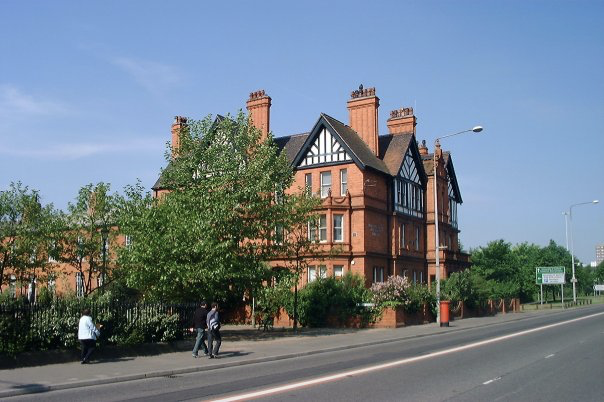Dear Trustees,
I’m writing to you to support the Library’s invitation to Julie Bindel to speak about being a young working class lesbian. It was a smart and bold invitation, and I’m aware that you have attracted a great deal of hostility as a result. You may feel taken aback and shocked, but you should be aware that for every protest there are likely to be many more people supporting your invitation.
You will know, I’m sure, that good, calm, stalwart and unobtrusive stewarding is the key to contexts like this, to protect everyone’s safety and good manners, and to ensure that everyone who wants to participate peacefully is able to do so.
May I share some of my own experience with you — in the hope that it might encourage you to withstand the hostility.
I have been involved in working class, progressive politics all my adult life and I have received many awards and honours for my writing. I came out as gay in my early 20s — in the 1970s — and like many other gay people I have felt over the past few years that what was once an open, inclusive, exhilarating politics, which has been spectacularly successful in advancing gay rights, has become overwhelmed by a toxic element of trans activism, a campaign of authoritarian silencing in the name of ’safe space’. Many gay activists, particularly women, are now deeply alienated. Some years ago I wrote an article in the Guardian opposing the NUS no-platforming of Julie Bindel.
I should say that she is a friend, I’ve known her since the 1980s when I made a TV documentary on battered women who kill their assailants, and since Justice for Women and Southall Black Sisters campaigned successfully for the release of Kiranjit Aluwhalia.
Julie Bindel is one of the founders of Justice for Women, a pathbreaking movement supporting women who live with violence, and an enduring campaigner against violence and sexual exploitation of women, and for gay rights.
We have disagreed about many things — not least the Green Party, for whom I’ve been a local and Parliamentary candidate. But I would go to great lengths to defend her right to write and speak and, just as important, for people’s opportunity to hear her in person and to challenge her. She is always interesting, adroit and sometimes very witty and, yes, offensive.
I support the Index on Censorship approach to this: there is no right to not be offended.
During the 2010 General Election, trans gender friends in the Green Party alerted me to some trans activist threats to picket me at hustings — they offered to attend the hustings in the event of trouble. There was no trouble, those making the threat never turned up.
In the last couple of years the movement to no-platform people who are against the sexual exploitation of women, who support the ’Nordic model’, or who have a critique of some trans positions on gender, have also found themselves being subjected to harassment.
It was in response to this that myself and Prof Deborah Cameron (also a working class lesbian, by the way) organised a letter to The Observer opposing no platforming. The 130+ signatories included people who are transgender, and who have been involved in prostitution.
This was repudiated by another letter the following week, initiated by Sara Ahmed.
I suggested to a couple of publications — a progressive Oxbridge journal, and a lesbian magazine — that they host a round table to air the issues. My contact on the Oxbridge journal rejected the idea on the grounds that it was universities’ duty to provide students with a safe space, a ‘home’ away from home. The lesbian magazine editor rejected the proposal — the editor, very committed to trans people, admitted to me that she was afraid.
I also wrote a couple of letters to the London Review of Books in response to a long feature by Jacqueline Rose which had failed to address these controversies, and which did not engage with trans activists who do not support no platforming, and who have a critique of some trans people’s theories of gender:
Here is another link that includes references to some other very interesting contributions:
You may, of course, not be interested in all of this. You may disagree with me.
But whatever your position on trans gender debates might be, there are vital ethical and political issues at stake here for all of us:
The claim that critique or analysis or debate amount to ‘killing’ is an abuse of language.
And what is being suppressed by no-platforming is not only the right to speak, but other people’s right to listen, to participate and to challenge.
It has taken centuries of heroic effort for oppressed and marginalised people to find their voices; Julie Bindel is one of those voices; the Library is a monument to those efforts and to its founders, Ruth and Eddie Frows’ commitment to honouring them.
Please don’t be afraid. Be brave, be normal, keep on doing what you do so well — showing the richness of working class life and struggles.
Yours in solidarity
Beatrix Campbell
